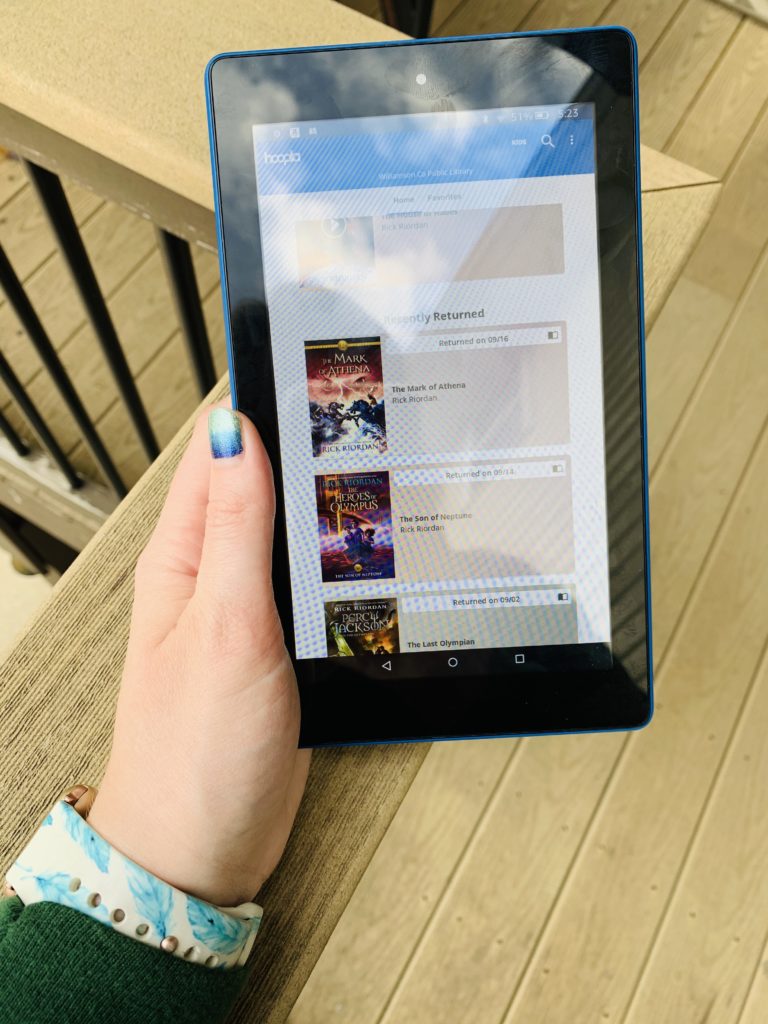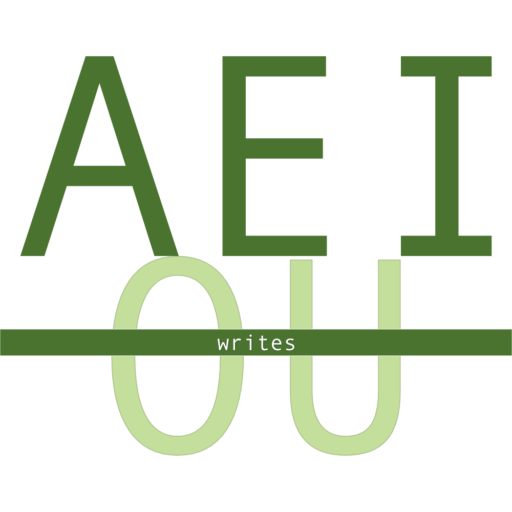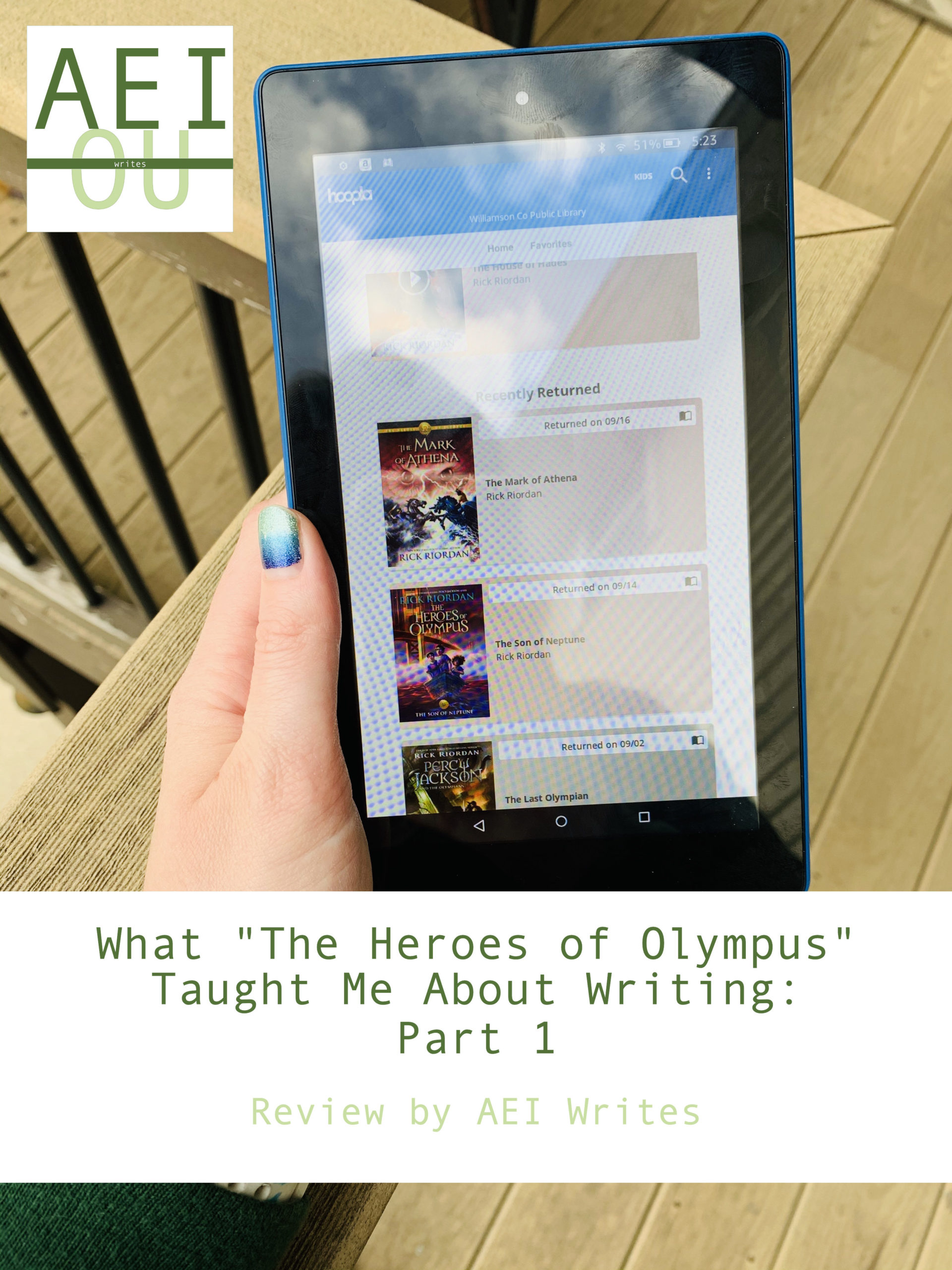Too often in the past week, I have cackled hysterically or held in screams while reading The Heroes of Olympus. As the follow-up series to Percy Jackson and the Olympians, I knew I would be hooked. However, I didn’t realize what a central role my favorite characters would take as the series progressed. If I had known, I might have read the books as they came out 5-10 years earlier. (Then again, spending a year waiting on the next book might not have been good for my health.) That said, Rick Riordan’s masterful storytelling techniques have taught me a great deal about my own writing. Here are 3 things I’ve learned from the first 3 books of The Heroes of Olympus.
The Heroes of Olympus Books 1-3

Perhaps it was seeing the list of new characters on the book jacket that kept me from reading The Lost Hero ten years ago. I needn’t have worried. As soon as the three new characters experience their traumatic initiation to Camp Half-Blood, the cast of characters we knew from The Last Olympian pop up for their welcome speeches. Not much time has passed between books, but we get to see how all the changes Percy requested work out for the next batch of demigods. The story starts like a homecoming for dedicated readers despite being an introduction for new characters.
The shifting-perspective, close-3rd-person narration separates The Heroes of Olympus from its Percy Jackson predecessor. Thankfully, the closeness of the narrative style maintains a lot of the unique voice and thoughts that accompany 1st person narration. With so many new characters in the series, the shifting 3rd person allows us to learn each characters’ voice and struggles much quicker than we would have otherwise. In fact, without 3rd person narration, readers wouldn’t have a chance to care about many of the newbies.
What I’ve Learned About Writing
1. Raise the Stakes

Basically, the stakes can hardly ever be high enough. The Mark of Athena had me nearly nauseous at points as I sensed what path the story would take. Then again, that’s what makes Percy Jackson and The Heroes of Olympus so good. The story sucks us into the characters’ own dilemmas. We feel their losses. We recognize an underlying strength required to carry on, and we wonder if we have that strength. The high stakes transport the story from an ideological debate to our own present reality.
Honestly, reading The Heroes of Olympus and reflecting on my own writing gave me an incredible respect for God’s job. I truly don’t know how He handles allowing those He loves, in fact, His own creations, to experience trials. Thinking of how I must break a main character breaks my heart in return. If I am only dealing in fiction, how much more God must feel for His children in reality. Thank God He is not bound by our human limits or understanding!
2. The Climax is a Decision
For some reason, I always thought of the climax of the story as an event. All events earlier in the book led to one crisis event, and the rest of the book resolved the crisis. Thanks to Rick Riordan, I see plot a bit differently now.
The climax is actually a decision the character must make. The preceding events provide the background information and emotion that will drive the decision. However, the character must make a choice. Will he or she act for good or for evil? Will the character give up hope or continue fighting? The resolution of the book actually follows the consequences of that choice. When the loose ends are tied, the bow may be ragged and hard-won.
3. Good Romance Must Be Earned
Riordan puts on his matchmaking pants for this series. Since the characters are generally closer to 16 years of age while the original series showed characters closer to 12, the romance blossoms about how you’d expect. BAM! With lots of teenaged drama and, let’s be honest, hormones.

Certainly, Riordan makes us care for all of the couples (and, indeed, characters,) in the book. Yet, something about Percy and Annabeth’s relationship strikes me as more true. We have followed these two friends for their entire relationship. Their relationship started from pure, innocent friendship. They fought monsters and saved each other thousands of times. By the time we read their relationship in The Heroes of Olympus, we cheer for every moment of closeness those poor kids can get. (I mean, the rest of the time, they’re trying not to die or lose each other thanks to another meddling deity.)
In truth, good romance in reality must be earned. A couple must fight for love. They must choose to see the best in the other when all they really want to do is smack the other in the head. (See 1 Corinthians 13 if you don’t believe me.) Our example of perfect love, Jesus, straight up died to save us. Any love worth its salt undergoes a reckoning process. That’s what makes it beautiful.
What’s Next?
I have two more books to read in order to finish The Heroes of Olympus. I imagine you can find me binge-reading in every spare moment for the next week. If you have read The Heroes of Olympus, what have you learned about writing? What authors have you read that taught you an important writing technique? Let me know in the comments below!

